How to Write a Letter to a Legislator Template
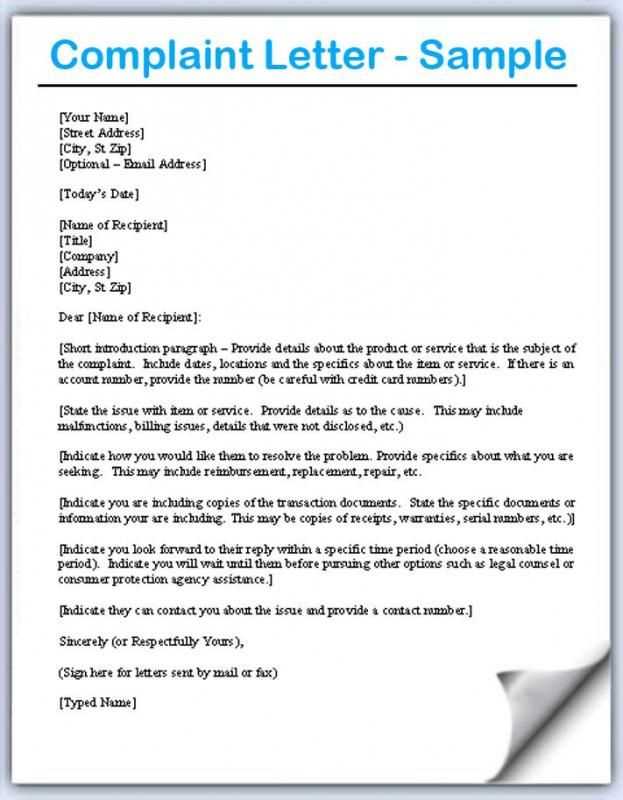
Reaching out to public representatives is a powerful way to ensure your voice is heard on important matters. Whether you want to express concern, suggest changes, or show support, knowing how to communicate clearly and respectfully is key. The ability to craft a compelling message that resonates with those in power can significantly impact decision-making processes.
Understanding the essentials of contacting your government officials can make a difference in how your message is received. Being concise, focused, and polite are just a few elements that can help you stand out in their busy schedules.
Effective correspondence with those in authority not only demonstrates engagement but also empowers you to contribute to the democratic process. In the following sections, we’ll cover the key aspects to ensure your communication is both impactful and professional.
Why Contact Your Legislator
Reaching out to elected officials is one of the most effective ways to influence policies and decisions that affect your community. When citizens engage with lawmakers, they ensure that their concerns are considered in the legislative process. Communication with those in power helps create a direct line for expressing needs, desires, and opinions, which can lead to tangible changes.
By contacting a representative, you make your voice heard on matters that impact your daily life. Whether it’s advocating for new laws, pushing for reforms, or showing support for current initiatives, your involvement can help shape the direction of public policy. Politicians rely on feedback from their constituents to make informed decisions, and your input can play a crucial role in the decision-making process.
Moreover, taking action in this way fosters a stronger connection between the government and the people it serves. It reinforces the idea that a functioning democracy relies on active participation, where every voice contributes to the shaping of society. Through such engagement, citizens ensure that their priorities are not overlooked and that they remain a central part of the democratic dialogue.
Understanding the Purpose of Your Letter
Before engaging with your public representatives, it’s important to clearly define the objective of your communication. Whether you’re addressing an urgent issue or offering suggestions, understanding the core purpose helps ensure that your message is focused and impactful. The intent behind your correspondence will guide its tone, structure, and the action you hope to provoke.
Here are some common reasons people reach out to their government officials:
- Advocacy: Expressing support or opposition to specific policies, laws, or actions that directly affect your community.
- Requests for Change: Proposing new initiatives, amendments, or reforms based on current issues or gaps in existing laws.
- Concerns: Voicing problems or issues within the community that require immediate attention from lawmakers.
- Feedback: Offering insights or experiences related to current legislation or ongoing programs that impact constituents.
By clarifying your purpose, you’ll ensure that your communication remains focused and provides the recipient with a clear understanding of what you’re asking for or addressing. A well-defined goal also increases the likelihood of receiving a meaningful response or action in return.
Key Components of a Legislative Letter
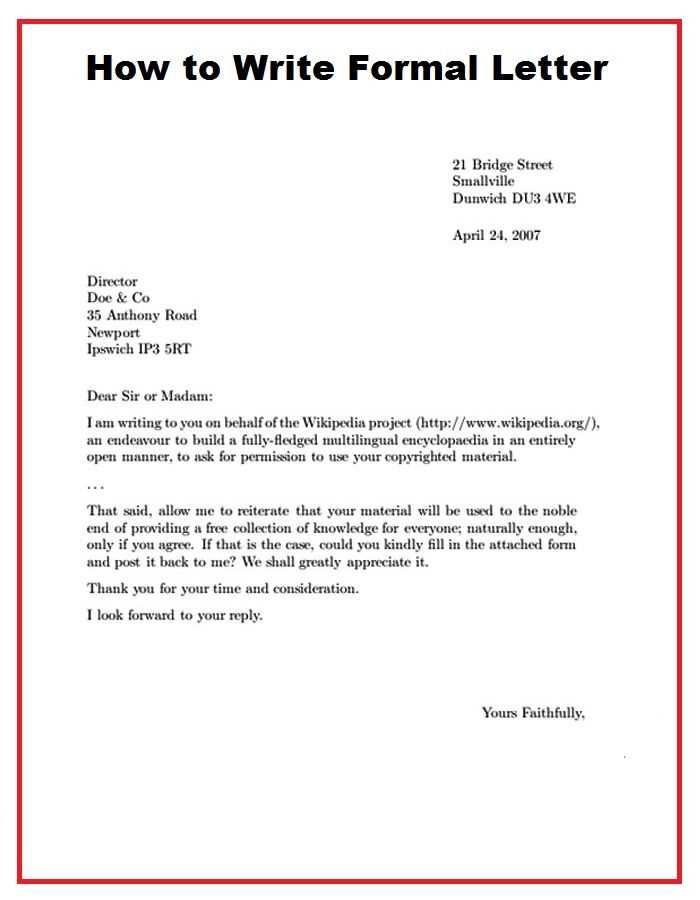
For effective communication with public officials, it’s crucial to include all the necessary elements that will make your message clear, professional, and persuasive. A well-structured correspondence ensures that your point is communicated efficiently and increases the chances of a prompt and meaningful response. There are several essential components that should always be included to achieve this goal.
Introduction and Purpose
The first section of your message should introduce yourself and explain the reason for your contact. This is where you clarify your concerns, requests, or support for a specific issue. It’s important to be concise but specific about the subject matter, as it sets the tone for the rest of the communication. A clear and direct introduction helps the reader understand the core message right away.
Supporting Information and Request
After presenting the purpose, provide any relevant details or examples that strengthen your position. This could include facts, personal experiences, or statistics that highlight the importance of the issue at hand. Make sure to state clearly what action you would like the recipient to take. Whether it’s voting on a particular bill, implementing new policies, or simply considering your feedback, your request should be specific and actionable.
How to Address Your Legislator Properly
Using the correct form of address when reaching out to public officials is essential to maintain respect and professionalism. The way you address your representative shows that you understand the importance of the position and the formal nature of the communication. Proper etiquette not only reflects your seriousness about the issue but also helps ensure that your message is taken seriously.
Formal Titles and Salutations
Different elected officials hold various titles, and it’s important to address them accordingly. Using the correct title demonstrates respect and helps to establish a formal tone for the correspondence. Below is a table showing the proper titles for different types of government officials:
| Official Role | Proper Title | Salutation |
|---|---|---|
| Senator | Senator [Last Name] | Dear Senator [Last Name], |
| Representative | Representative [Last Name] | Dear Representative [Last Name], |
| Governor | Governor [Last Name] | Dear Governor [Last Name], |
| Mayor | Mayor [Last Name] | Dear Mayor [Last Name], |
Personalized Addressing
Whenever possible, use the official’s last name to create a more personalized and respectful tone. Avoid using generic terms like “Sir” or “Madam,” as they can come across as impersonal. Addressing the recipient by their correct title and name also makes your communication feel more direct and tailored, increasing the likelihood of a positive response.
Tips for Writing a Clear Message
Clarity is crucial when communicating with public officials. A clear and concise message helps ensure that your points are understood and increases the likelihood of a meaningful response. To make sure your communication is effective, focus on organizing your thoughts and presenting them in a straightforward manner.
Be Direct and Concise
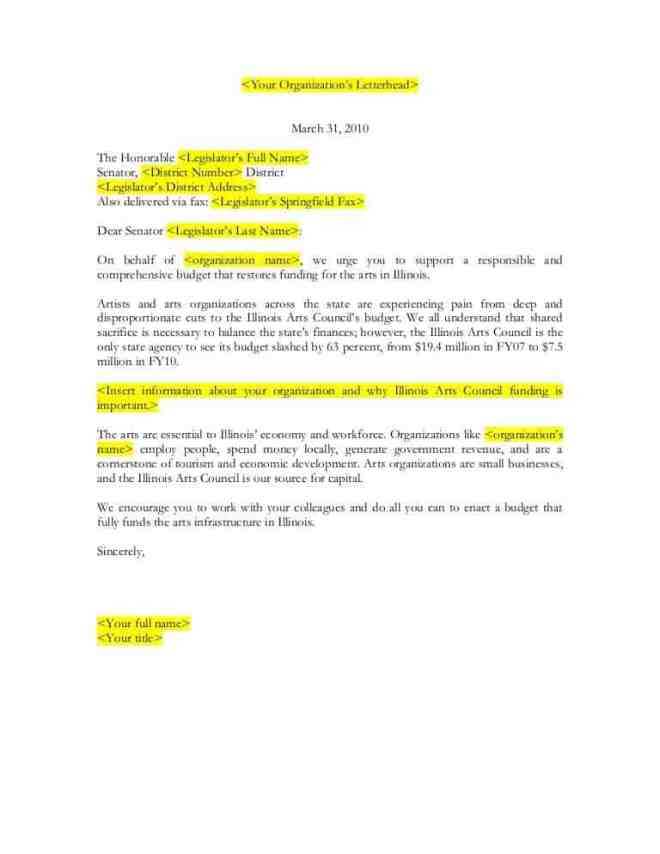
Avoid unnecessary details that could dilute the main point of your message. Get to the heart of the matter quickly and stay focused on the issue you’re addressing. This will prevent your message from becoming too long or confusing. A direct approach increases the chance that the recipient will fully understand your perspective.
Use Simple Language
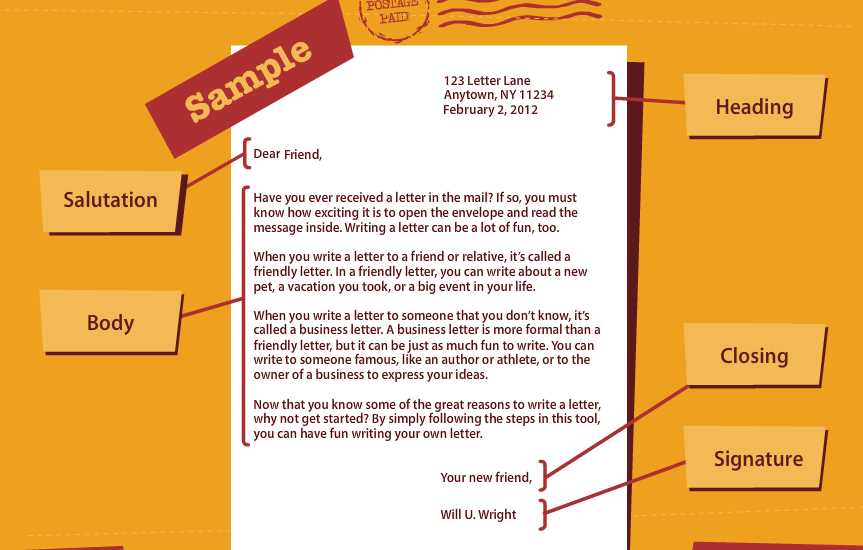
While it’s important to be formal, avoid overly complex language or jargon that could complicate your message. Using simple, straightforward language ensures that your message is accessible and easy to digest. Clear sentences and a structured format allow the recipient to follow your reasoning without any confusion. Keep the tone respectful but firm to demonstrate the seriousness of your request.
Always remember, clarity leads to action.
How to End Your Letter Effectively
Concluding your message in a strong, respectful way is just as important as how you begin. The closing should reinforce your main point and provide a clear call to action, leaving the recipient with a clear understanding of what you expect from them. A well-crafted ending helps to ensure that your request or concern resonates and encourages the recipient to respond or take action.
Restate Your Request or Concern
Before closing, briefly restate the key issue or request you have made throughout the message. This helps to remind the reader of the importance of the matter and what you are hoping to achieve. A final, clear statement of your objective makes your intentions unambiguous and leaves no room for confusion.
Express Gratitude and Respect
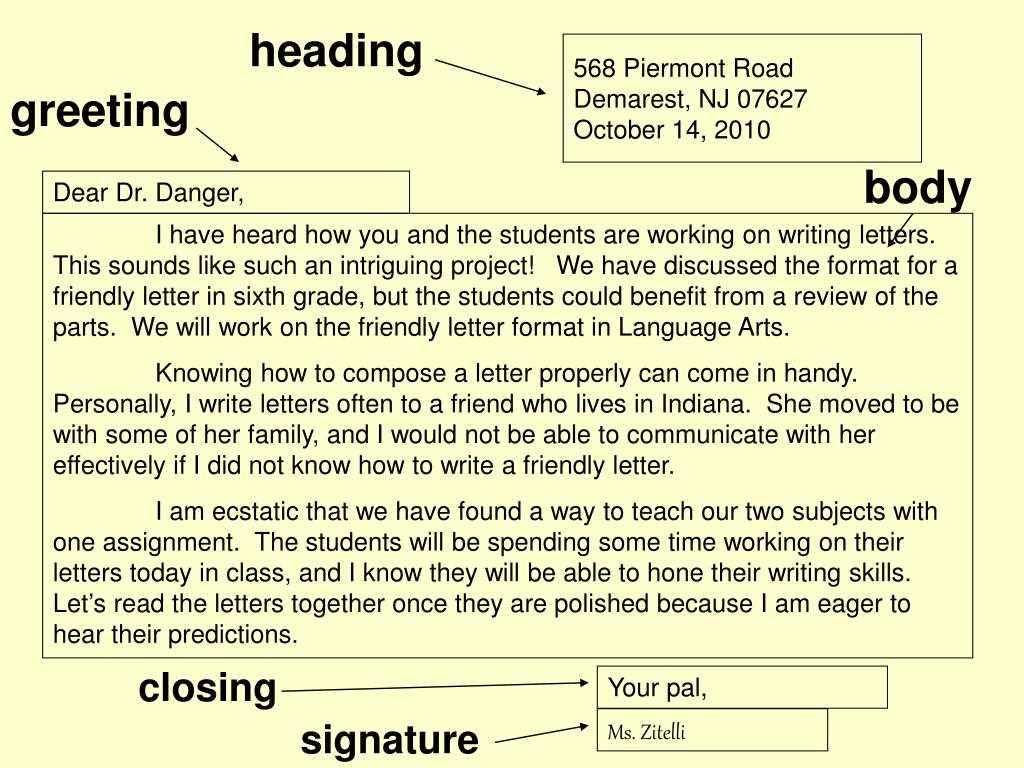
Always thank the recipient for their time and attention. A polite expression of gratitude shows that you value their consideration, which helps to maintain a respectful tone. Remember to keep your closing brief yet sincere, reinforcing that you appreciate the opportunity to communicate your views.